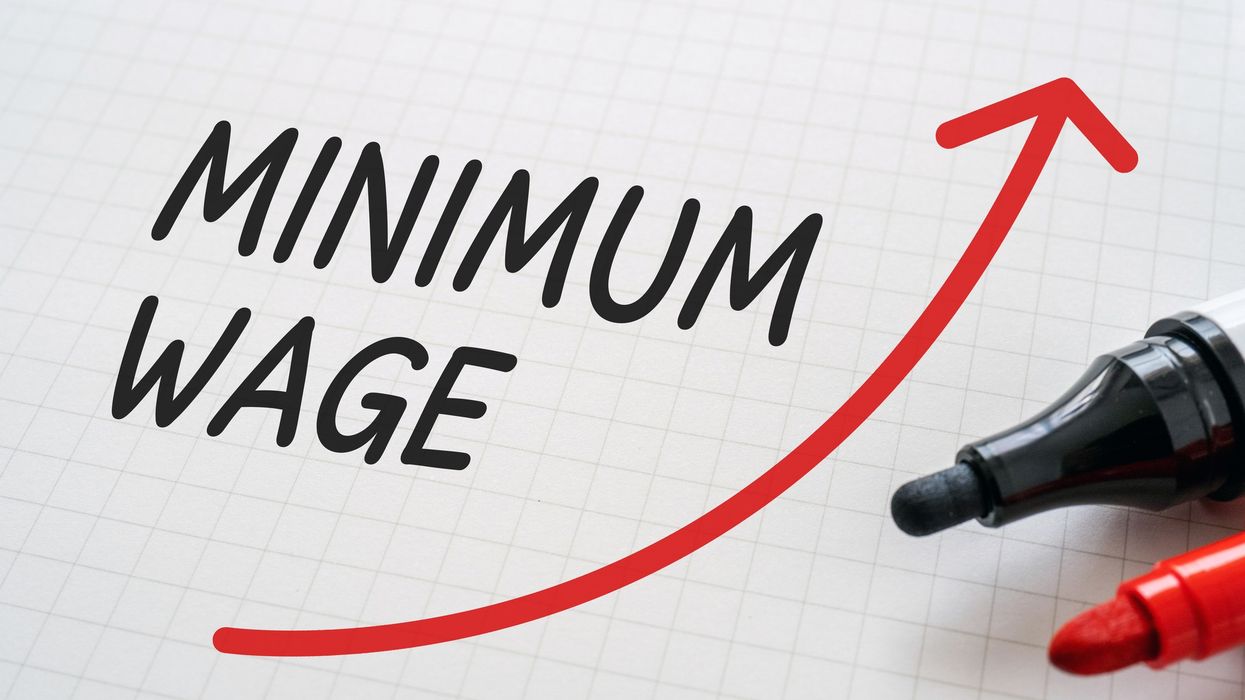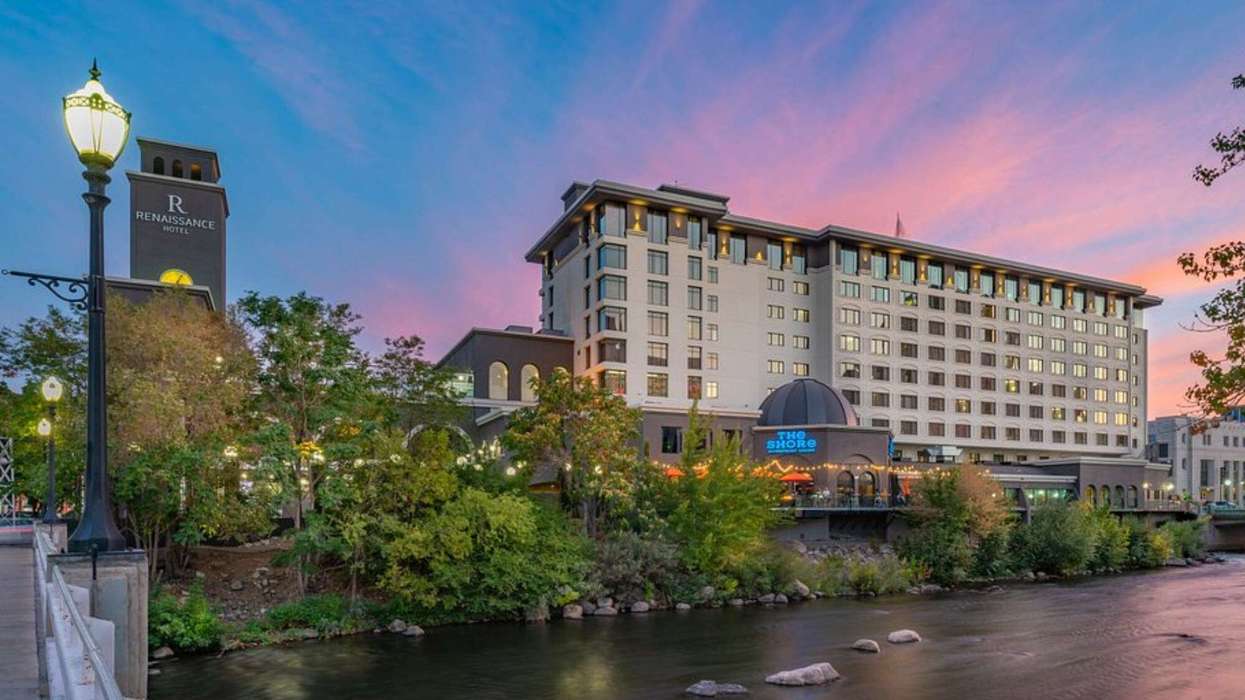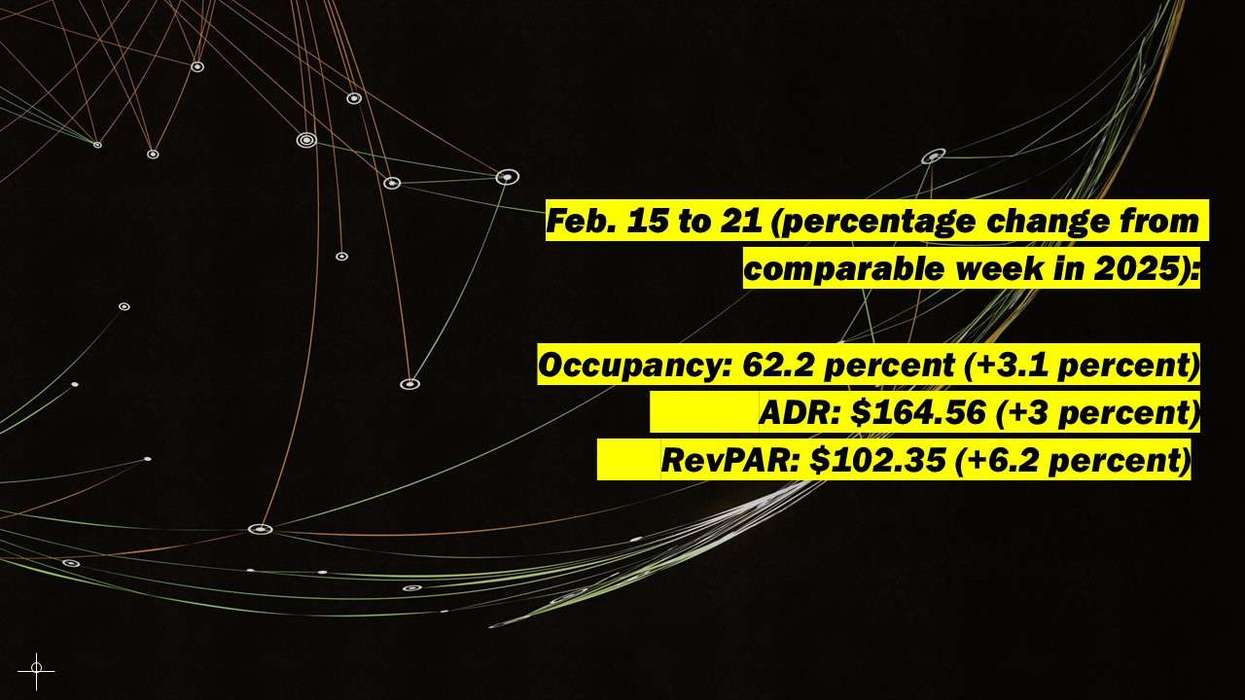THE LOS ANGELES City Council recently approved a broad minimum wage hike for tourism industry workers, despite pushback from business leaders citing a decline in international travel. The plan, described by labor leaders as the nation's highest minimum wage, mandates that hotels with more than 60 rooms and businesses operating at Los Angeles International Airport pay workers $30 an hour by 2028.
That amounts to a 48 percent minimum wage increase for hotel workers and a 56 percent hike for airport employees over three years, the LA Times reported.
“We are deeply troubled by L.A. City Council's vote to approve this wage ordinance without fully addressing the significant risks it presents to our city’s economic health,” said Maria Salinas, the Los Angeles Area Chamber of Commerce president and CEO. “This ordinance disregards concerns raised by local employers, hotels, restaurants, and airport concessionaires, and its severe unintended consequences—from reduced hours and job losses to stalled investments and declining competitiveness in our hospitality and tourism sectors. The council has moved forward while our economy remains fragile and key sectors have yet to recover from the pandemic.”
In addition, hotels and airport businesses must offer new or increased hourly pay to cover workers’ healthcare. Council President Marqueece Harris-Dawson said he expects the healthcare pay rate to reach $8.35 per hour by July 2026.
The wage package passed on a 12–3 vote, with Councilmembers John Lee, Traci Park, and Monica Rodriguez opposed. A second vote is required since the approval was not unanimous.
Rodriguez, who represents northeast San Fernando Valley, warned the proposal would lead hotels and airport businesses to cut staffing, resulting in job losses. She also said that similar cuts are being considered at City Hall to offset the cost of employee raises.
“We’re currently facing 1,600 imminent layoffs because revenue simply isn’t matching expenditures,” Rodriguez told the LA Times. “The same will happen in the private sector.”
Councilmember Hugo Soto-Martínez stood before a crowd of unionized workers after the vote and celebrated the win.
“It’s been way too long, but finally, today, this building is working for the people, not the corporations,” said Soto-Martínez, a former organizer with the hotel and restaurant union Unite Here Local 11, according to the report.
Hotel owners, business groups and airport concessionaires warned the wage hikes would further strain an industry still recovering from the COVID-19 pandemic. They cited declines in tourism from Canada and other countries following President Trump’s trade policies and stricter border controls.
Adam Burke, president and CEO of the Los Angeles Tourism and Convention Board, said Canada, France, Germany, Ireland, the Netherlands, and the UK—key sources of visitors to Los Angeles—have issued formal travel advisories for the U.S.
“The 2025 outlook is not encouraging,” Burke told the LA Times.
Several hotel owners warned higher wages will force them to scale back restaurant operations. Some said hotel companies would avoid future investments in the city, a longtime global tourism hub.
Jackie Filla, the Hotel Association of Los Angeles’ president and CEO, said she expects hotels to close restaurants or other small businesses on their premises—and, in some cases, shut down entirely. In the short term, she said, some will cancel their “room block” agreements that reserve rooms for the 2028 Olympic and Paralympic Games.
“I don’t think anybody wants to do this,” Filla told the LA Times. “Hotels are excited to host guests and participate in the Olympics. But they can’t go into it losing money.”
Meanwhile, the American Hotel and Lodging Association also issued a statement condemning the city council's vote.
“The city council delivered a blow to Los Angeles today,” the association said. “Time after time, the council ignored warnings from city officials and business leaders who stressed this is not the time to pass an extreme ordinance that will kill jobs and hurt tourism. Instead, the council chose to jeopardize economic recovery by advancing policies that will lead to hotel closures and thousands of layoffs. The impact will be felt swiftly and painfully by hotel owners, employees, and the city.”
The Los Angeles Area Chamber of Commerce’s Salinas urged the council to take a measured approach and support amendments delaying implementation until the local economy and key industries stabilize.
“Unfortunately, this prudent path was rejected, placing even more uncertainty on the businesses that contribute to Los Angeles’ vibrancy and prosperity,” she said.
A recent AHLA report said Los Angeles is still grappling with the pandemic’s long-term effects and recent wildfires, with international visitation remaining well below 2019 levels—more so than any other major U.S. city.






